I somehow encountered a time warp this week, and Monday is long past. Even Tuesday, and here it is Wednesday, and despite being fully “retired” I have not had the moment to sit down and put up a poem for Monday. Time simply telescoped and disappeared.
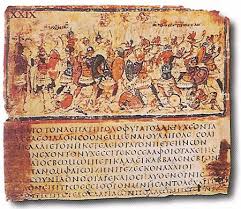 But I have been reading a rather wonderful recreation of An Iliad by Alessandro Baricco, translated by the incomparable Anna Goldstein. Baricco had the idea of reading the entire Iliad in public, as it was done in the Homeric world. He adapted the poem for public reading, editing “to suit the patience of a modern audience.” His notes on this process are a poem in themselves, and the result was performed in fall 2004. He comments:
But I have been reading a rather wonderful recreation of An Iliad by Alessandro Baricco, translated by the incomparable Anna Goldstein. Baricco had the idea of reading the entire Iliad in public, as it was done in the Homeric world. He adapted the poem for public reading, editing “to suit the patience of a modern audience.” His notes on this process are a poem in themselves, and the result was performed in fall 2004. He comments:
“For the record I’d like to say that more than ten thousand (paying) people were present at the two readings, and that Italian radio broadcast the Rome performance live, to the great satisfaction of drivers on the road and people at home. Numerous cases were confirmed of people who sat in their parked cars for hours, unwilling to turn off the radio. All right, perhaps they were sick of their families, but, anyway, this is just to say that it went very well.”
Here’s the opening, titled Chryseis: Continue reading “What you can do with a poem”
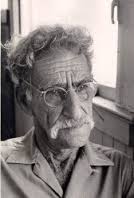

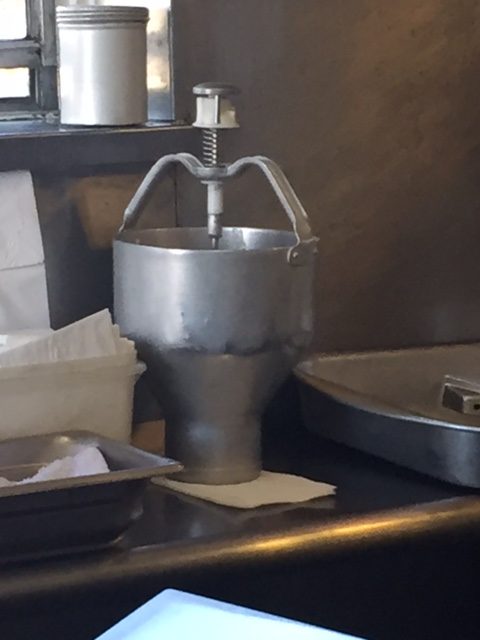

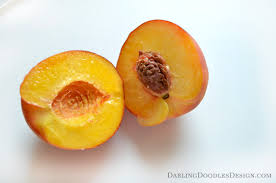

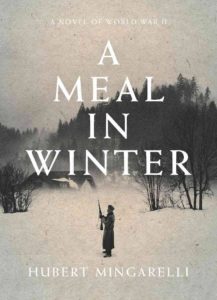 This extraordinary little book is told as if a memoir, in very straightforward, matter-or-fact prose, which makes it all the more chilling. It is translated from the French by Sam Taylor. The basic plot concerns three German soldiers who no longer want to shoot Jews. They go to the commander, who is “a reservist like we were”:
This extraordinary little book is told as if a memoir, in very straightforward, matter-or-fact prose, which makes it all the more chilling. It is translated from the French by Sam Taylor. The basic plot concerns three German soldiers who no longer want to shoot Jews. They go to the commander, who is “a reservist like we were”: